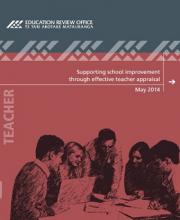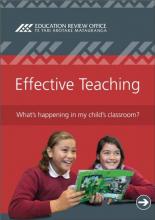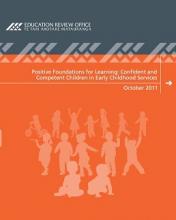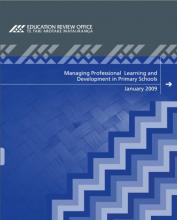Opportunity to learn: a collaborative learning community
In improving the teaching and learning of mathematics, leaders and teachers are working to develop safe, collaborative environments where every learner (teachers and students) can access the thinking of others to strengthen their knowledge and understanding.











